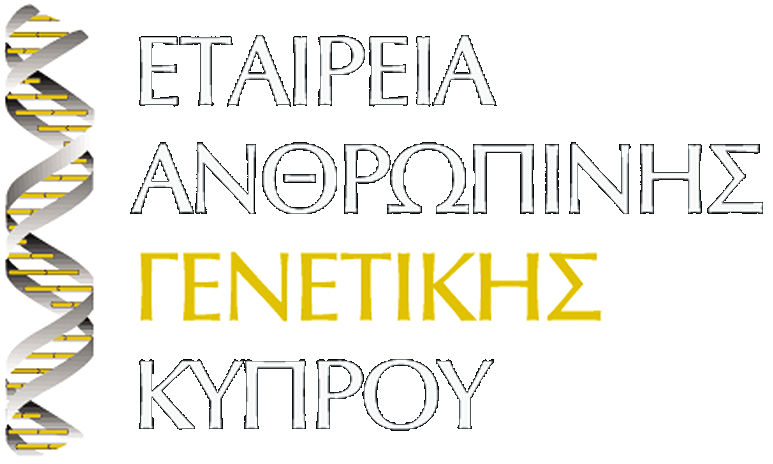Abstract
Rare autosomal dominant tubulointerstitial kidney disease is caused by mutations in the genes encoding uromodulin (UMOD), hepatocyte nuclear factor-1β (HNF1B), renin (REN), and mucin-1 (MUC1). Multiple names have been proposed for these disorders, including ‘Medullary Cystic Kidney Disease (MCKD) type 2’, ‘Familial Juvenile Hyperuricemic Nephropathy (FJHN)’, or ‘Uromodulin-Associated Kidney Disease (UAKD)’ for UMOD-related diseases and ‘MCKD type 1’ for the disease caused by MUC1 mutations. The multiplicity of these terms, and the fact that cysts are not pathognomonic, creates confusion. Kidney Disease: Improving Global Outcomes (KDIGO) proposes adoption of a new terminology for this group of diseases using the term ‘Autosomal Dominant Tubulointerstitial Kidney Disease’ (ADTKD) appended by a gene-based subclassification, and suggests diagnostic criteria. Implementation of these recommendations is anticipated to facilitate recognition and characterization of these monogenic diseases. A better understanding of these rare disorders may be relevant for the tubulointerstitial fibrosis component in many forms of chronic kidney disease.

